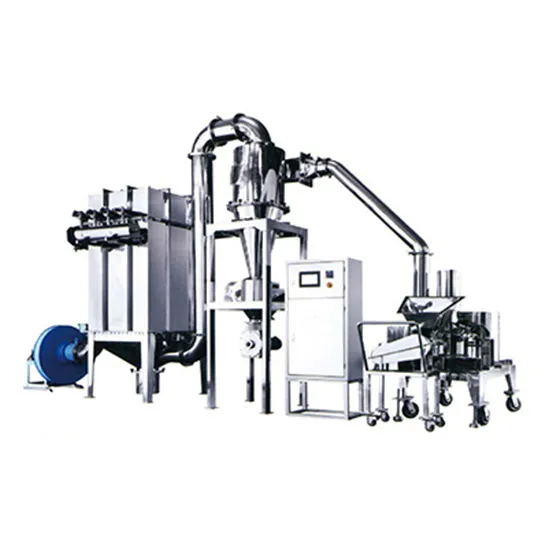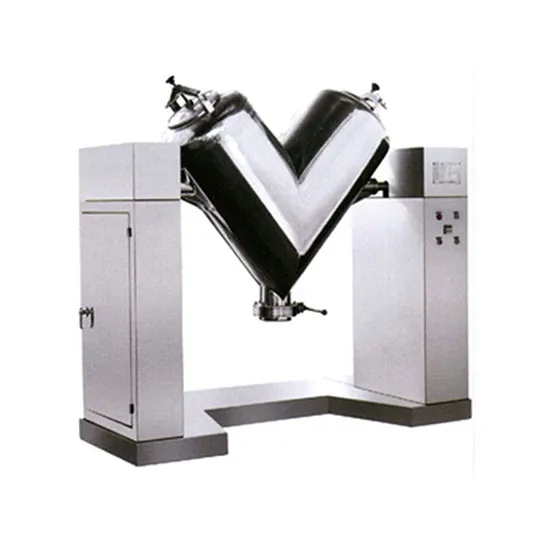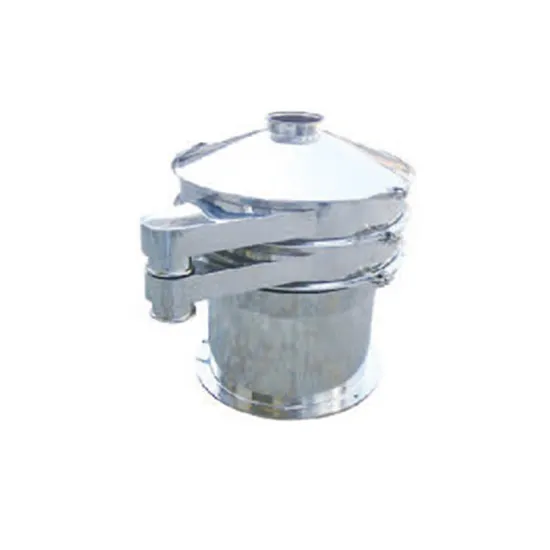NEWS
Plastic Granulator Machine: The Ultimate Guide
Oct 25,2023
Introduction:
Plastic granulator machines play a crucial role in the plastic processing industry, specifically in the field of plastic granulation. This guide aims to provide a comprehensive overview of plastic granulator machines, including their working principles, types, applications, and important factors to consider when selecting the right machine for your plastic processing needs.
1. Working Principles of Plastic Granulator Machines:
Plastic granulator machines are designed to transform plastic waste materials into uniform-sized granules or pellets. This process involves several steps, including shredding, melting, and extruding. The machine's cutting blades or rotary knives play a vital role in breaking down the plastic waste into smaller pieces, which are then fed into the extruder for melting and shaping into granules.
2. Types of Plastic Granulator Machines:
There are various types of plastic granulator machines available in the market, each designed for specific applications. Some common types include:
- Single Shaft Shredders: These machines feature a single rotatory shaft with blades that shred the plastic waste into smaller pieces. They are suitable for processing a wide range of plastic materials, including rigid and bulky items.
- Double Shaft Shredders: Double shaft shredders have two rotatory shafts with interlocking blades that work in tandem to shred plastic waste. They are ideal for handling tougher materials and offer higher throughput rates.
- Central Granulators: Central granulators are larger machines that are capable of processing significant amounts of plastic waste. They are commonly used in industrial settings for continuous and high-volume granulation.
3. Applications of Plastic Granulator Machines:
Plastic granulator machines find applications across various industries, including:
- Recycling: Plastic granulators are extensively used in recycling facilities to process post-consumer plastic waste into reusable granules for manufacturing new products.
- Injection Molding: Granulated plastic materials can be fed into injection molding machines to produce plastic parts and components for various industries, such as automotive, electronics, and packaging.
- Extrusion: Plastic granules are commonly used as raw materials in extrusion processes to manufacture plastic films, pipes, profiles, and other plastic products.
- Rotational Molding: Granulated plastics are utilized in rotational molding processes to produce hollow plastic products, such as tanks, containers, and toys.
4. Key Considerations When Choosing a Plastic Granulator Machine:
When selecting a plastic granulator machine, consider the following factors:
- Capacity: Determine the desired output capacity in terms of kilograms per hour to ensure the machine can meet your production requirements.
- Material Compatibility: Choose a machine that is capable of processing the specific type of plastic material you intend to granulate, such as polyethylene (PE), polypropylene (PP), or polyvinyl chloride (PVC).
- Safety Features: Look for machines that incorporate safety features like emergency stop buttons, overload protection, and safety interlocks to mitigate potential hazards.
- Maintenance and Service: Consider the availability of spare parts, technical support, and the ease of maintenance when selecting a plastic granulator machine.
In conclusion, plastic granulator machines are essential tools in the plastic processing industry. By understanding their working principles, types, applications, and key considerations, you can make an informed decision when choosing the right plastic granulator machine for your manufacturing and recycling needs.
Plastic granulator machines play a crucial role in the plastic processing industry, specifically in the field of plastic granulation. This guide aims to provide a comprehensive overview of plastic granulator machines, including their working principles, types, applications, and important factors to consider when selecting the right machine for your plastic processing needs.
1. Working Principles of Plastic Granulator Machines:
Plastic granulator machines are designed to transform plastic waste materials into uniform-sized granules or pellets. This process involves several steps, including shredding, melting, and extruding. The machine's cutting blades or rotary knives play a vital role in breaking down the plastic waste into smaller pieces, which are then fed into the extruder for melting and shaping into granules.
2. Types of Plastic Granulator Machines:
There are various types of plastic granulator machines available in the market, each designed for specific applications. Some common types include:
- Single Shaft Shredders: These machines feature a single rotatory shaft with blades that shred the plastic waste into smaller pieces. They are suitable for processing a wide range of plastic materials, including rigid and bulky items.
- Double Shaft Shredders: Double shaft shredders have two rotatory shafts with interlocking blades that work in tandem to shred plastic waste. They are ideal for handling tougher materials and offer higher throughput rates.
- Central Granulators: Central granulators are larger machines that are capable of processing significant amounts of plastic waste. They are commonly used in industrial settings for continuous and high-volume granulation.
3. Applications of Plastic Granulator Machines:
Plastic granulator machines find applications across various industries, including:
- Recycling: Plastic granulators are extensively used in recycling facilities to process post-consumer plastic waste into reusable granules for manufacturing new products.
- Injection Molding: Granulated plastic materials can be fed into injection molding machines to produce plastic parts and components for various industries, such as automotive, electronics, and packaging.
- Extrusion: Plastic granules are commonly used as raw materials in extrusion processes to manufacture plastic films, pipes, profiles, and other plastic products.
- Rotational Molding: Granulated plastics are utilized in rotational molding processes to produce hollow plastic products, such as tanks, containers, and toys.
4. Key Considerations When Choosing a Plastic Granulator Machine:
When selecting a plastic granulator machine, consider the following factors:
- Capacity: Determine the desired output capacity in terms of kilograms per hour to ensure the machine can meet your production requirements.
- Material Compatibility: Choose a machine that is capable of processing the specific type of plastic material you intend to granulate, such as polyethylene (PE), polypropylene (PP), or polyvinyl chloride (PVC).
- Safety Features: Look for machines that incorporate safety features like emergency stop buttons, overload protection, and safety interlocks to mitigate potential hazards.
- Maintenance and Service: Consider the availability of spare parts, technical support, and the ease of maintenance when selecting a plastic granulator machine.
In conclusion, plastic granulator machines are essential tools in the plastic processing industry. By understanding their working principles, types, applications, and key considerations, you can make an informed decision when choosing the right plastic granulator machine for your manufacturing and recycling needs.
More News










